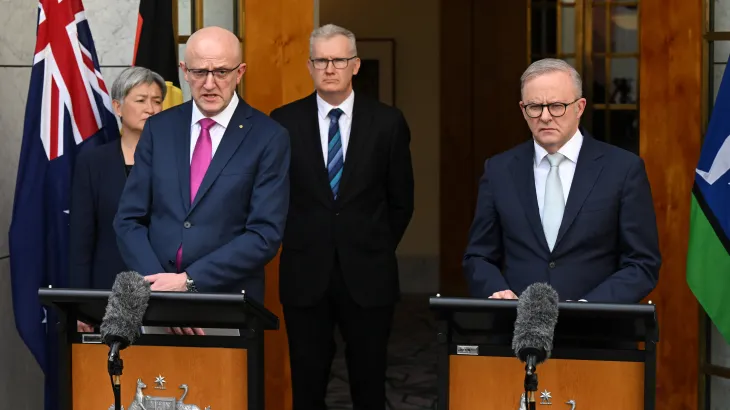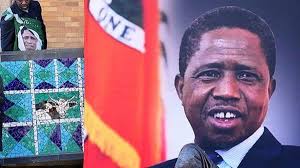Canberra, Australia – Australian Prime Minister Anthony Albanese has accused Iran of directing two anti-Semitic attacks on Australian soil and announced the expulsion of Iran’s ambassador, Ahmad Sadeghi.
This marks the first time Australia has taken such action against a foreign diplomat since World War II.
The Australian government says the attacks took place last year in Sydney and Melbourne, targeting a restaurant and a synagogue. Although no one was hurt, both locations were set on fire and suffered serious damage.
Speaking at a press conference, Prime Minister Albanese called the attacks “extraordinary and dangerous acts of aggression by a foreign power”, saying they were meant to divide Australian society.
Australia’s domestic intelligence agency, ASIO, revealed that Iran’s Revolutionary Guard Corps (IRGC) was behind the attacks. ASIO chief Mike Burgess explained that the IRGC used a network of hidden operatives to plan and carry out the crimes, without involving Iranian diplomats directly.
As a response, Australia will now officially list the IRGC as a terrorist organization and has closed its embassy in Tehran, relocating diplomats to another country. Foreign Minister Penny Wong said three other Iranian officials must also leave Australia within seven days.
Wong also warned Australians in Iran to come back home, and advised against traveling to the country due to rising tensions.
The actions come during a time of increasing tension between Australia and Israel, triggered by Australia’s criticism of Israel’s war in Gaza and its support for Palestinian statehood at the United Nations.
These moves upset Israeli Prime Minister Benjamin Netanyahu, who accused Albanese of betraying both Israel and Australian Jews.
In response, Australia cancelled the visa of Israeli far-right lawmaker Simcha Rothman, who had planned a speaking tour in the country. Israel retaliated by revoking visas for Australian diplomats working with the Palestinian Authority.
Despite this diplomatic strain, Australia says its actions against Iran were based on serious security threats, not political pressure.
Security expert Mark Kenny from the Australian National University said the government had no choice but to act strongly. “If a foreign country is organizing terrorist attacks in Australia, no government can ignore that,” he said.
Kenny added that declaring the IRGC a terrorist group will help Australian authorities better monitor and stop future threats.
So far, the Iranian government has not responded to the expulsion or the accusations. ASIO is continuing its investigation to see if the IRGC is linked to other hate crimes in Australia since the start of the Israel-Gaza war in 2023.



